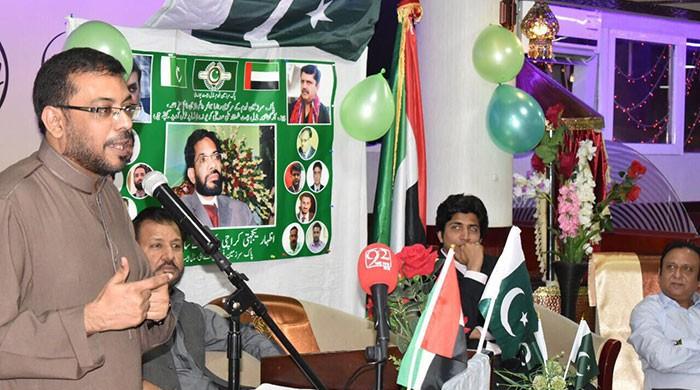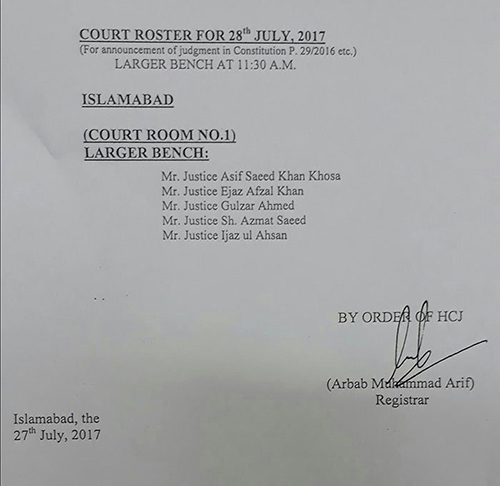What is Affiliate Marketing?
Some people remember the 1990’s as a tremendous period of growth for grunge music and Jim Carrey films. While this is true, most people will probably tell you the 90’s were responsible for this big, beautiful, technology called the World Wide Web (aka the internet, the web, the vast digital ocean of information at our finger tips). And with any new technology or media, companies quickly realized they had a new opportunity to market their products and services to consumers via the millions of websites they visit every day.
With the emergence of search engines in the mid-1990’s, the internet ballooned into a massive e-commerce and information machine. Website owners were creating valuable content and providing tremendous benefits to their visitors, and these website owners wanted to be compensated for their hard work. Early forms of online advertising like CPM or fixed placement started seeing competition from emerging, more accountable forms of online advertising, like affiliate marketing. So, what is affiliate marketing?
Affiliate marketing at its very core is about relationships,
a relationship between three parties:
In the world of affiliate marketing, an advertiser can be a company selling a product like electronics, airline tickets, clothing or car parts, or an advertiser could also be an insurance company selling policies. The most important thing to remember is that you are an advertiser if you are ready to pay other people to help you sell and promote your business.
Find out more »
Find out more »
A publisher is an individual or company that promotes an advertiser’s product or service in exchange for earning a commission. Advertisers contractually agree to work with a publisher, then provide the publisher with creative – in the form of links, banner or text ads or even unique phone numbers – that the publisher incorporates into their website.
Find out more »
Find out more »
The final component that completes the affiliate relationship triangle is the consumer. The consumer is the one who actually sees the ad and then makes an action (either by clicking a link or by submitting their information via a form) that takes them from the publisher’s website to the advertiser’s to complete the action, which we call a conversion.
Find out more »
Find out more »
How Does Affiliate Marketing Work?
Let's face it: technology, especially the internet, can be pretty daunting to try to grasp, and with terms like malware, cursor and spam, it also seems pretty dangerous. So kudos to the guys who decided e-commerce and affiliate marketing should rely on an innocuous technology called a "cookie."
A cookie is a technology that works with web browsers to store information like user preferences, login or registration information, and shopping cart contents. Have you ever opted-in to have a website "remember" your password and username for one of your online accounts? That's a cookie. Ever notice while searching the web for "travel deals" and you suddenly start seeing travel display banners on other websites? Those ads are appearing for you because you've been cookied (it's okay, you won't get hurt).
In affiliate marketing, one task that cookies manage is to remember the link or ad the visitor to a website clicks on. Cookies can also store the date and time of the click, they can even be used to remember what kind of websites or content you like most. There are many different types of web cookies and uses, but the kind of cookie affiliate marketing relies on is called a first-party cookie.
When a user visits a publisher's website and clicks an advertiser's creative ad, the visitor's browser receives the CJ tracking cookie that identifies the advertiser, the publisher, the specific creative and commission amount. This data is stored within the link information in what are called "parameters" and can include even more anonymous data used for attribution.
The sample link below includes some of the identifiers Commission Junction uses to enable proper tracking and auditing of the affiliate marketing process:
<a href="http://www.tkqlhce.com/click-5377085-10590299?sid=012-123" target="_blank"> webservices.cj.com</a><img border="0" height="1" src="http://www.ftjcfx.com/image-5377085-10590299" width="1" height="1" border="0" />- PID: 5377085
PID (publisher website ID) is used to identify the publisher's website. A CJ publisher may have multiple PIDs under one single CJ account (e.g. if you maintain multiple websites, you will have multiple PIDs). - AID: 10590299
The AID (ad ID) is a number which identifies a specific link and enables CJ to track creative performance as well as credit the publisher when they earn a commissionable transaction. Because each link has a unique AID, it also allows CJ to identify the appropriate advertiser. - SID: 012-123
SID (shopper ID) enables publisher to track where their referred actions originated so they can target and/or reward their unique shoppers. When the visitor makes a purchase or completes a lead form, that transaction is tracked and recorded by Commission Junction.
The CJ Network is capable of tracking and processing an enormous volume of actions and transactions. In 2011 alone, Commission Junction tracked a total of over 3 billion website visits, 175 million transactions and over $6 billion in online sales.
Links & Learning
Hopefully you've learned some basics about how to be an affiliate or an advertiser and how affiliate marketing works.
Below are a few resources out there to help you learn some additional tips and tricks.
CJ Support Center
Our Support Center has a wealth of answers and popular topics that will answer many of your questions. Only publishers and advertisers in the CJ Network have access.
HTML Learning Websites
There are hundreds of HTML tutorials websites like www.htmlgoodies.com or www.w3schools.comwhere you can learn the basics.




